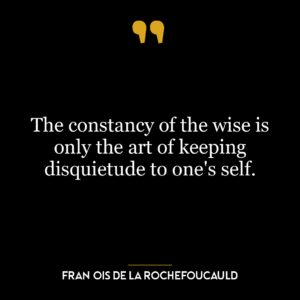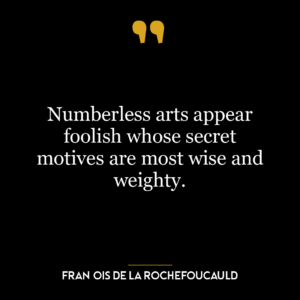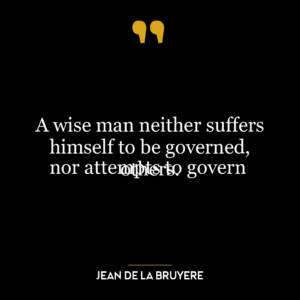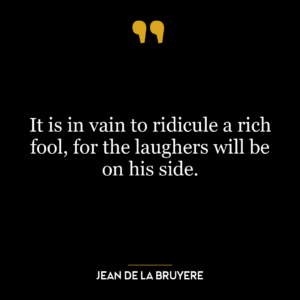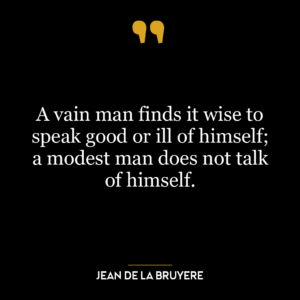This quote suggests that wisdom is not just about amassing knowledge, but also about knowing when to share it and when to hold back. It implies that it’s foolish to constantly reveal everything you know. This might be because doing so can make you predictable, leaving you without any surprises or additional insights to offer later on. It can also make you seem arrogant or condescending, as if you’re trying to prove your intelligence or superiority. Additionally, constantly sharing your knowledge doesn’t leave room for others to share theirs, which can hinder your own learning and growth.
In the context of personal development, this quote might encourage us to practice active listening, humility, and discernment. Active listening involves fully focusing on the speaker, which can help us learn more and show respect for others’ perspectives. Humility involves recognizing that we don’t know everything and that there’s always more to learn. Discernment involves being thoughtful about when to share our knowledge and when to hold back, considering factors like the context, the audience, and the potential impact of our words.
In today’s world, this quote might be particularly relevant in the context of social media, where people often feel compelled to share their thoughts, opinions, and experiences constantly. While sharing can be beneficial, it’s also important to remember the value of silence and discretion. Not everything needs to be posted online, and sometimes, it’s wise to keep our thoughts and knowledge to ourselves. Not only can this protect our privacy, but it can also prevent misunderstandings or conflicts, and leave room for personal reflection and growth.



